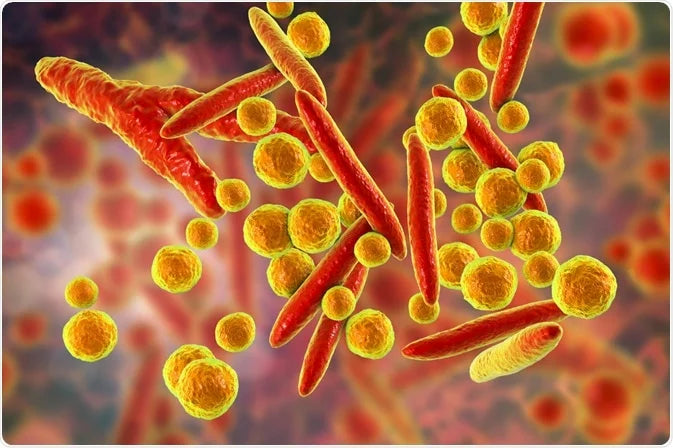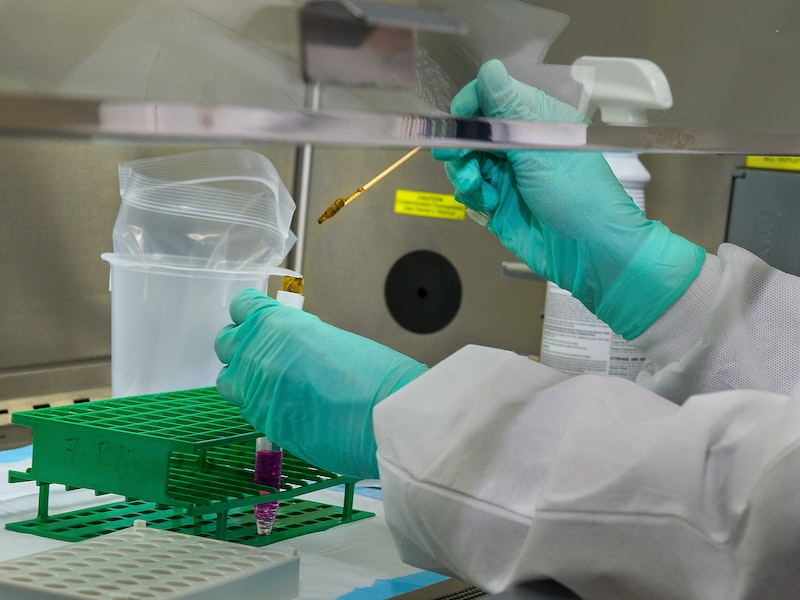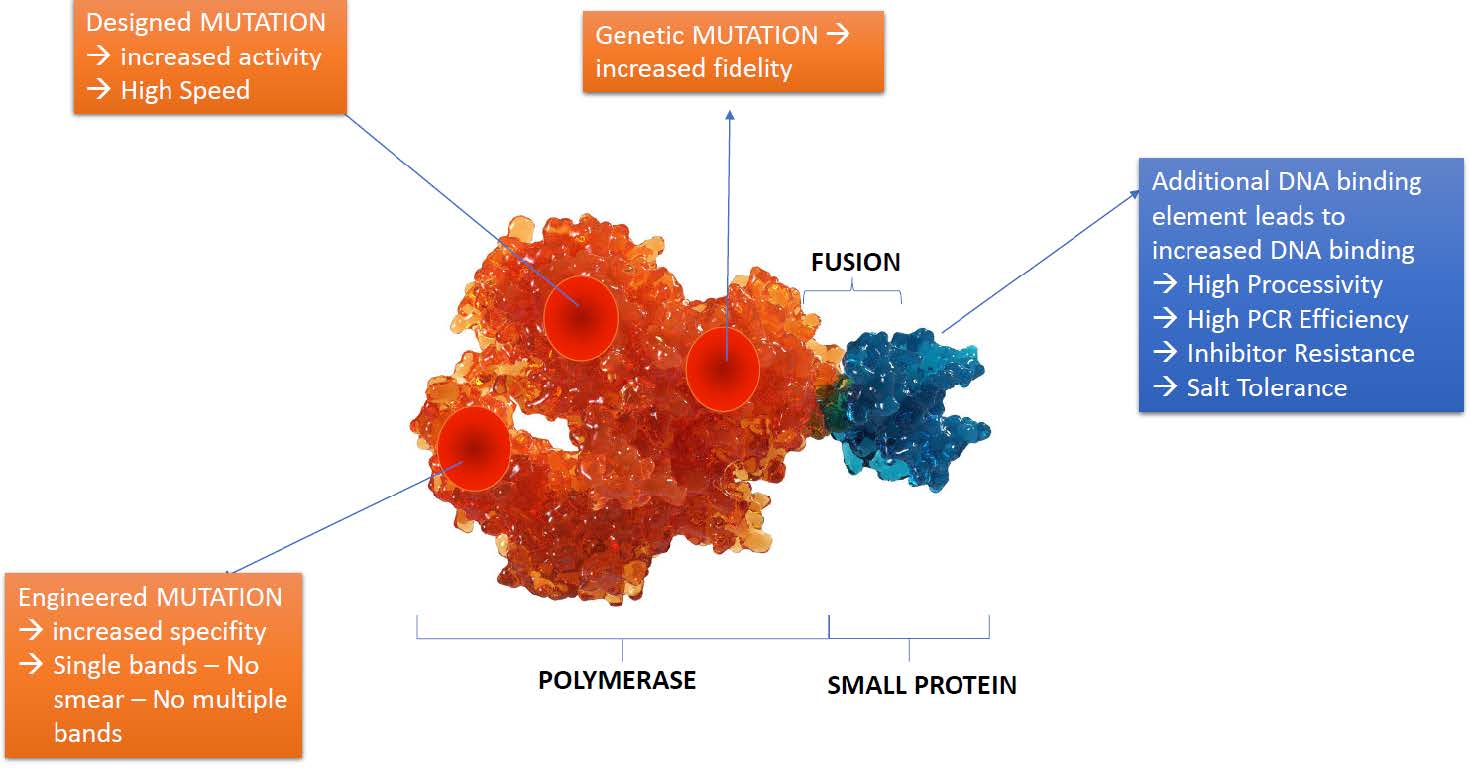Mycoplasma contamination is a common problem in cell cultures, and it can have a significant impact on your research. Mycoplasma is a type of bacteria that can infect your cell lines, causing problems such as changes in gene expression, cell morphology, and growth rates. This can lead to inaccurate experimental results, wasted time and resources, and even publication retractions.
This is a significant problem in cell culture research, with studies estimating that up to 35% of all cell cultures may be contaminated with mycoplasma. This high prevalence of contamination highlights the importance of routine testing for mycoplasma to ensure the accuracy and reliability of your research results.

The consequences of using contaminated cell cultures can be severe, leading to incorrect experimental outcomes and wasted time, resources, and funding. In some cases, it may even result in the need to repeat experiments or delay project timelines, which can be costly and time-consuming.
That's why it's essential to have a reliable and efficient method for detecting mycoplasma contamination in your cell cultures. And that's where the PhoenixDx® Mycoplasma Mix from Trax Lab Systems comes in.
The PhoenixDx® Mycoplasma Mix is a fast, reliable, and highly specific qPCR solution for the detection of mycoplasma contamination in cell cultures. With more than 130 different mollicute species that can be detected via a specific sequence on the 16s rDNA, you can rest assured that you're getting accurate and comprehensive results.
The Mycoplasma Mix includes a primer for the amplification of the 16s rDNA, which is essential for the accurate detection of mycoplasma contamination. The mix is designed to be easy to use, with a streamlined workflow that can save you time and effort.
But why should you choose the PhoenixDx® Mycoplasma Mix over other mycoplasma detection methods? Here are just a few reasons:
-
Highly specific: The Mycoplasma Mix is specifically designed to detect mycoplasma contamination, with a high degree of accuracy and specificity.
-
Fast: The qPCR technology used in the Mycoplasma Mix allows for rapid detection of mycoplasma contamination, with results available in just a few hours.
-
Comprehensive: With the ability to detect more than 130 different mollicute species, the Mycoplasma Mix provides a comprehensive solution for mycoplasma detection in cell cultures.
-
Easy to use: The streamlined workflow of the Mycoplasma Mix makes it easy to use, even for researchers with limited experience in PCR techniques.
In conclusion, if you're looking for a fast, reliable, and highly specific solution for the detection of mycoplasma contamination in cell cultures, the PhoenixDx® Mycoplasma Mix from Trax Lab Systems is an excellent choice. With its comprehensive coverage of more than 130 different mollicute species, and its easy-to-use workflow, you can be confident that you're getting accurate results every time. So why not give it a try? Your research (and your sanity) will thank you.






Leave a comment
This site is protected by hCaptcha and the hCaptcha Privacy Policy and Terms of Service apply.